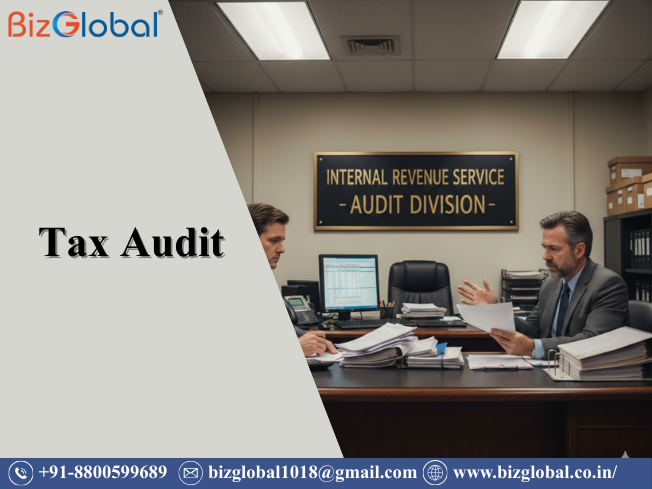Overview
A taxpayer is required to have a tax audit carried out if the sales, turnover or gross receipts of business exceed Rs 1 crore in the financial year. However, a taxpayer may be required to get their accounts audited in certain other circumstances. We have categorised the various circumstances in the tables mentioned below:
Amendments in the above provision:
Finance Act 2020: The threshold limit of Rs 1 crore turnover for a tax audit is proposed to be increased to Rs 5 crore with effect from AY 2020-21 (FY 2019-20) if the taxpayer’s cash receipts are limited to 5% of the gross receipts or turnover, and if the taxpayer’s cash payments are limited to 5% of the aggregate payments.
Finance Act 2021: With effect from 1st April 2021, the threshold limit of Rs 5 crores is increased to Rs 10 crores in case cash transactions do not exceed 5% of the total transactions.

